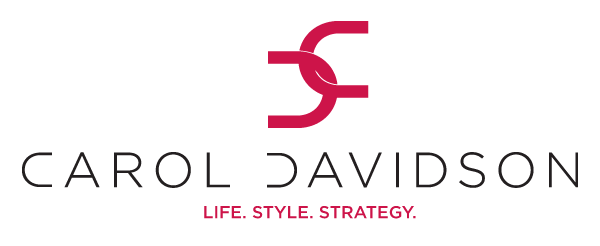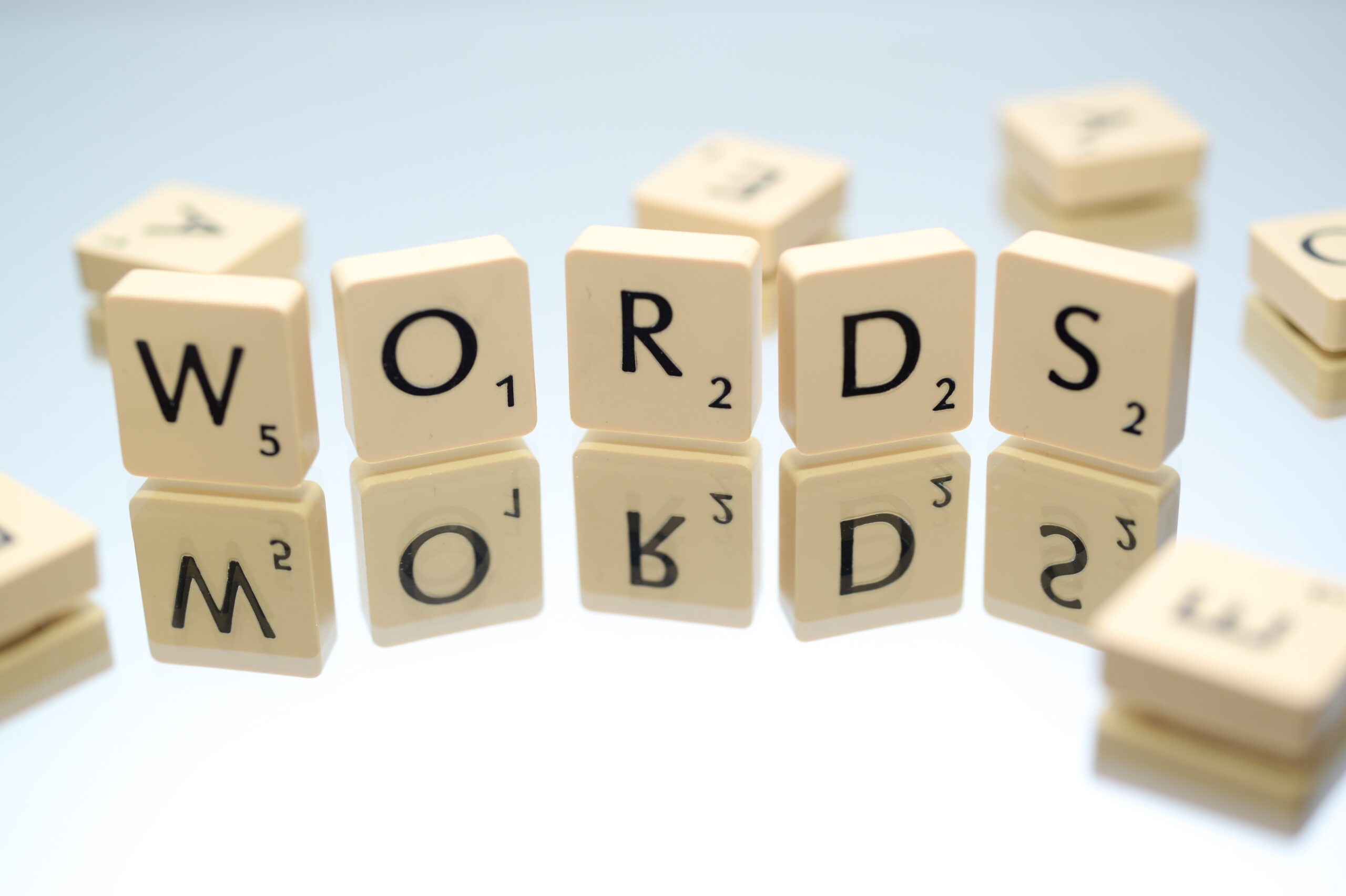Henry Ford was quoted as saying, “Whether you think you can, or you think you can’t, you’re right.” No truer words were ever spoken. Our thoughts about ourselves and our abilities influence how we feel and show up, which in turn influences our actions and the potential we have for success. The bottom line is that our minds believe the words we say and the thoughts we think.
Does your self-talk build you up or bring you down?
Most of us don’t even realize that our words support or undermine our results. And sometimes, it’s not even what we say, but how we phrase it, that has a negative effect on how we see ourselves. What this means is that we don’t need anyone else to psyche us out…in many cases we are doing it to ourselves. But the good news is that it is within our control to develop a more productive internal dialogue.
The important first step is to become aware of your word choice. It is only when you truly listen to what you are saying and how you are saying it, that you can eliminate a damaging phrase or reframe it in such a way, that makes it not only more accurate, but also more empowering. Here are four phrases to remove or replace, pronto!
1) “I can’t…” I start with a nod to good, ‘ole Henry. We’ve already established that if you think you can’t, you probably won’t. Interesting enough, you might have already learned this lesson as a child. Think back to the bedtime story most of us are told about the little engine that could. He was successful because he repeated…”I think I can. I think I can. I think I can.” So he did…and so can you. The truth is that we can do anything when we put our mind to it. So when you’re thinking, “I can’t,” replace it with “I can” or “I haven’t thus far, but I am up for it.”
2) “I’ll try…” Let’s face it. “I’ll try” gives you just enough wiggle room to not to do something that is probably within your capabilities. It reminds me of when I was a kid and I would ask my parents’ permission to do something – and they would say “maybe.” There was a 50% chance that they’d say no (which was often the case). It’s the same thing as “I’ll try.” There’s a 50% chance that you won’t. So if it is something that you want to do but are fearful of, why not replace “I’ll try” with “I will.” It’s a much stronger intention which means there’s a much higher likelihood of success.
3) “I have to…” I have to work hard. I have to work out. I have to clean the apartment. I’m not saying that these things aren’t things that need doing. However the energy behind “have to” is low and lacks enthusiasm. There is a feeling of resistance, which makes the task is seem harder than it is, and also resignation. Instead why not swap “I have to” with “I choose to” or better yet, “I want to.” Both swaps make the task seem less insurmountable and acknowledge your free will.
4) “I hope…” I hope that I get the job. I hope that I finish in time. I hope that I lose enough weight to fit in the dress. The inference of “I hope” is that you have no control over the situation. You are essentially in surrender mode, giving up all of your power to effect change. When you replace “I hope” with “I know” you begin to feel like you are in control, and not at the mercy of some unforeseen circumstances.
There are many other phrases you might consider eliminating or at least exchanging, but this gives you a great place to start. Yes, your words are your reality…but they are also your choice.







